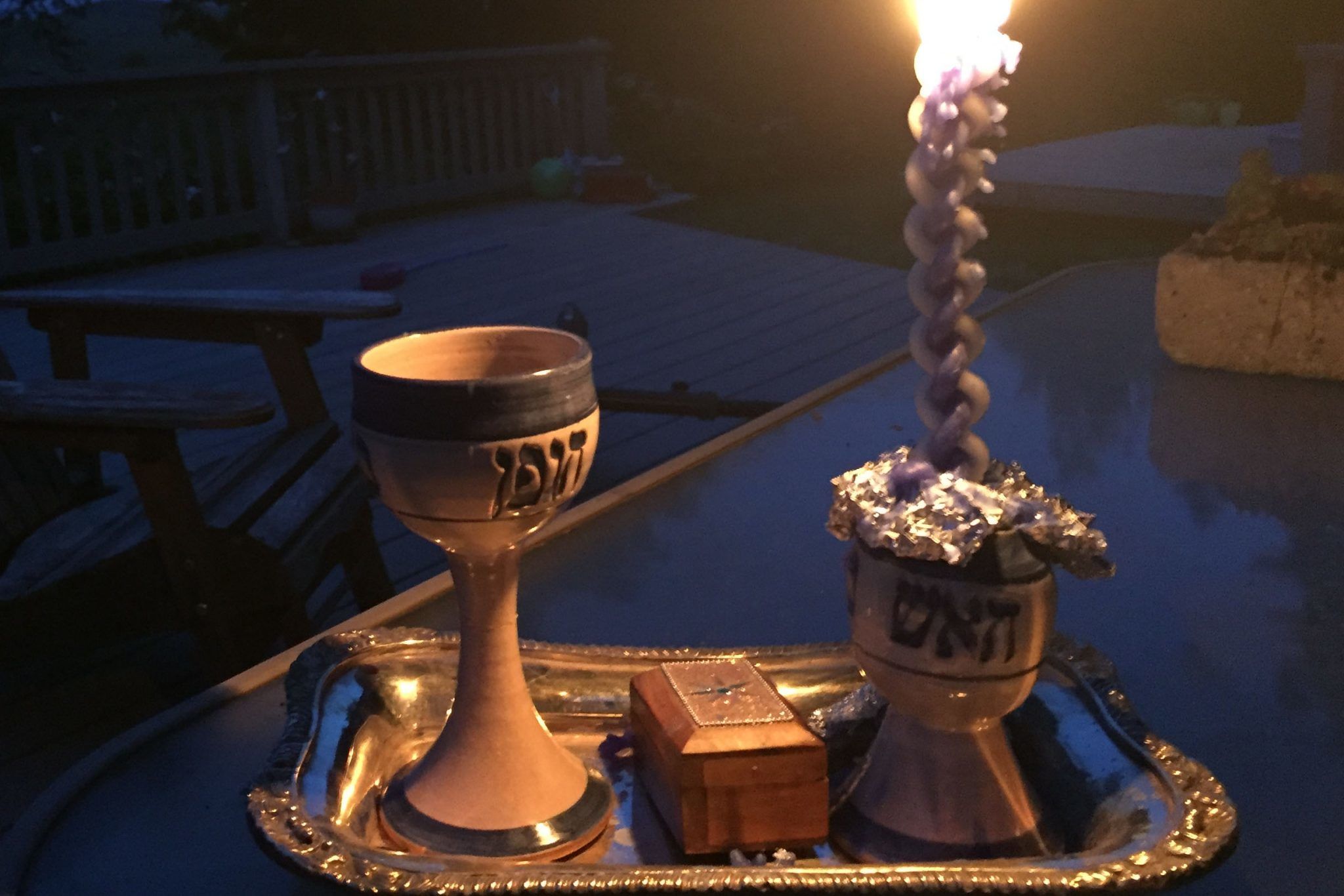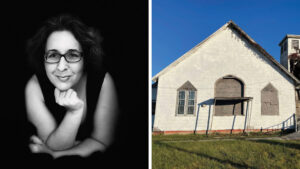America is currently in an extended discussion about the benefits and challenges of diversity. Unexpected diversity may be discovered in any group.
My rabbinical school class was an unusually diverse group, for the Hebrew Union College. The majority of us were born and raised in the United States. However, we were also blessed to include three South Americans, one South African and one Australian (who currently serves a Baltimore area congregation). For us, it was interesting to learn from these international classmates, just as I hope they were pleased to learn from us. Studying with those for whom neither English nor Hebrew was their first tongue was a special gift. Switching languages makes us consider our own vocabulary, syntax and, thus, understandings.
November is a particularly good month to consider what we can learn by thinking across languages. Translation forces us to consider our intentions.
A meaningful example can be found within weekly Jewish practice. Havdalah provides a dramatic and sweet end to each Shabbat. We mark the end of the Shabbat and the Sunday’s beginning through blessings over wine, spice and a beautiful candle. The key blessing notes the week’s division between kodesh l‘chol. Most often, kodesh l’chol is translated as from “holy” to “profane.” Over the years, I have heard many Hebrew speakers explain the phrase and the transition between Shabbat in exactly those terms. During Havdalah, we hold on to a taste of the holy as we move into the unholy remainder of the weekdays.
A fellow rabbinic student from Chile broadened my understanding of the prayer, the language and weekdays. Roberto corrected us early into our studies. Yes, kodesh is easily understood as holy. However, chol is potentially a softer word than “profane” or “unholy.” This Chilean friend suggested we translate chol as “mundane,” as I have ever since.
I am glad to discover that recent Reform Jewish prayer books translate chol as “ordinary” (Mishkan T’filah) or “everyday” (Mishkan Halev). Shabbat is holy; any given Tuesday, for example, is not necessary deeply flawed but rather just mundane, simply everyday. Chol is also the Hebrew word for sand, as in the beach. What could be more ordinary than a stretch of sand?
You may be wondering why November is the perfect month to consider the idea of the ordinary. After all, most of us go to the beach in the summer, not November. However, each year, much of November overlaps with the Hebrew month of Cheshvan. Cheshvan is the one Jewish month with no holidays, other than Shabbat. It is often even called Marcheshvan, bitter Cheshvan. However, I have learned from translating Hebrew to English that there is not necessarily anything flawed about a month without holidays. I prefer to think of Cheshvan as mundane or ordinary. However, each and every day of this month provides opportunities to mark time in our own meaningful way.
Rabbi Abraham Joshua Heschel’s book “The Sabbath” is often quoted for its celebration of Shabbat, as in “The Sabbaths are our great cathedrals.” The great 20th-Century thinker certainly had a point, as Jewish tradition teaches us to cherish each Shabbat. However, we don’t all pray in cathedrals or dine in palaces.
However, the lives we live in more simple settings can certainly be valuable and meaningful. The ordinary may not yet be holy, but that doesn’t mean it is profane. In the same volume, Heschel taught that Jewish tradition “senses the diversified character of time. There are no two hours alike. Every hour is unique and the only one given at the moment, exclusive and endlessly precious.” If each hour on a Monday is precious and all day long on Thursday is as well, so we can embrace this seemingly ordinary month of Cheshvan.
Our embrace of this quiet month of Cheshvan, overlapping with November, is filled with enormous potential. First, we appreciate the high points, the holy celebrations, in life, because they come spaced by the rest of time. We need the normal to apprehend and experience the intense and special. Second, each day of the week provides opportunities to reach for the holy. Treating others with care and respect is deeply significant behavior on any day of the year. Following Jewish practices can lift any moment of any day.
This mundane month is significant, even with the absence of holidays. It is a reminder that we live in the everyday and every day. May our behavior reach toward the holy on each of those days.
Top photo: Havdalah (Photo by Rachel Barenblat, courtesy Flickr)
Rabbi Andrew Busch serves Baltimore Hebrew Congregation.





